Pope Benedict felt isolated at the end, new book reveals
Benedict confided he was overwhelmed by the exposure of corruption and in-fighting in the so-called Vatileaks scandal.
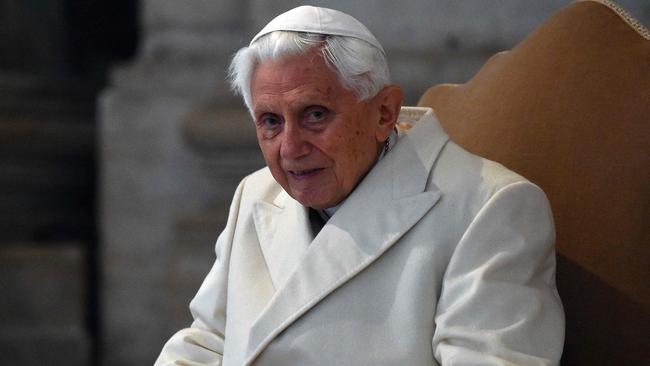
Pope Emeritus Benedict XVI revealed his sense of isolation in a book written after his resignation which has been published posthumously.
Benedict, who died on December 31 almost ten years after resigning from the papacy, said he did not want anything published during his lifetime because of the hostility towards him in some sectors of the Catholic Church.
“The fury of the circles opposed to me in Germany is so strong that the appearance of my any word immediately provokes a murderous clamour,” Benedict wrote to Elio Guerriero, the theologian who curated the 190-page collection of essays together with the former pope’s private secretary, Archbishop Georg Ganswein.
“I want to spare this, both for myself and for Christianity,” he wrote in What is Christianity? Published three weeks after his death, it joins a flood of publications that lay bare deep divisions in the contemporary church.
“There were individual bishops, and not just in the United States, who rejected Catholic tradition in its entirety, aiming to develop a kind of new, modern Catholicity in their dioceses,” Benedict wrote. “In not a few seminaries students caught reading my books were considered unsuitable for the priesthood. My books were hidden as though they were harmful literature and read only in secret.”
In 2019 he published a letter blaming the clerical sex abuse crisis on the collapse of morality during the sexual revolution of the 1960s, a position that put him at odds with his successor Francis, who has attributed it to an abuse of clerical power.
In his introduction to the book Benedict confided that he had felt unable to make plans after resigning in 2013, overwhelmed by the exposure of corruption and in-fighting in the so-called Vatileaks scandal, which was based on media revelations derived from documents stolen from his secretary’s desk.
“When I announced my resignation I had no plan whatever for what I would do in the new situation. I was too exhausted to plan other work,” he wrote. “After the election of Pope Francis I slowly resumed my theological work. In the course of the years a series of small and medium contributions, presented in this volume, took shape.”
Benedict’s book comes soon after Nothing but the Truth, by Ganswein, and In Good Faith, by Cardinal Gerhard Muller, a German whom Benedict appointed as head of the Vatican’s doctrinal office. Both criticise Francis.
In what is regarded as a response to these criticisms, Francis has spoken out against the sin of malicious gossip. On Saturday he told a delegation in the Vatican that for some “gossip is daily bread and it does so much harm. It destroys”.
The Times

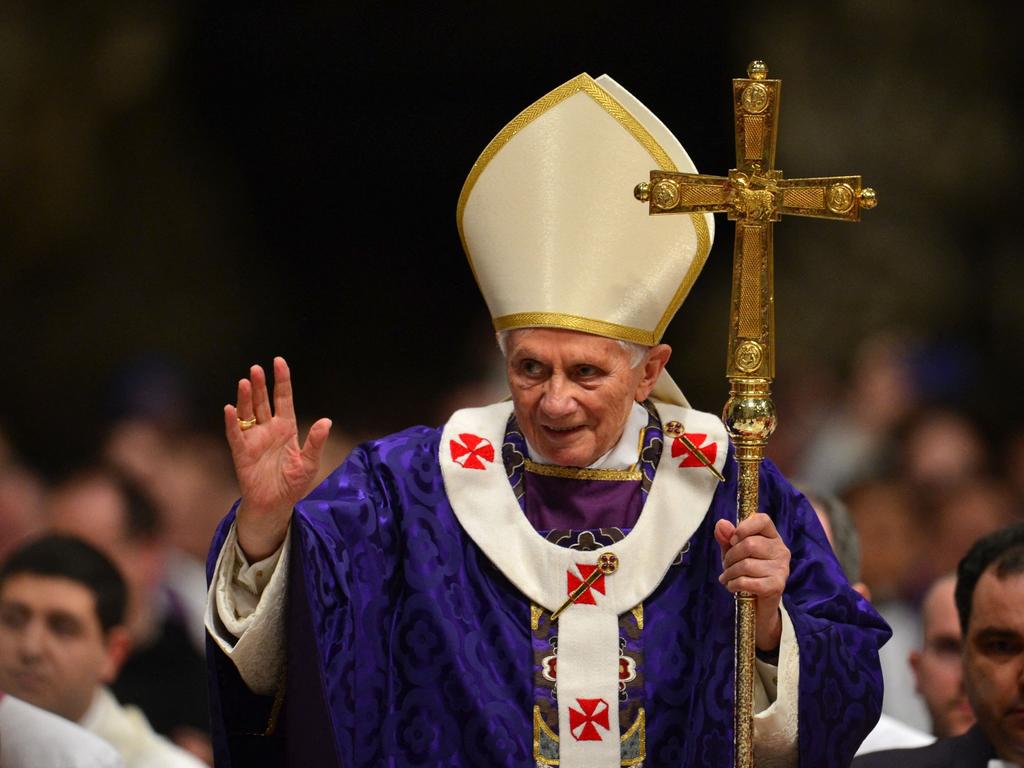
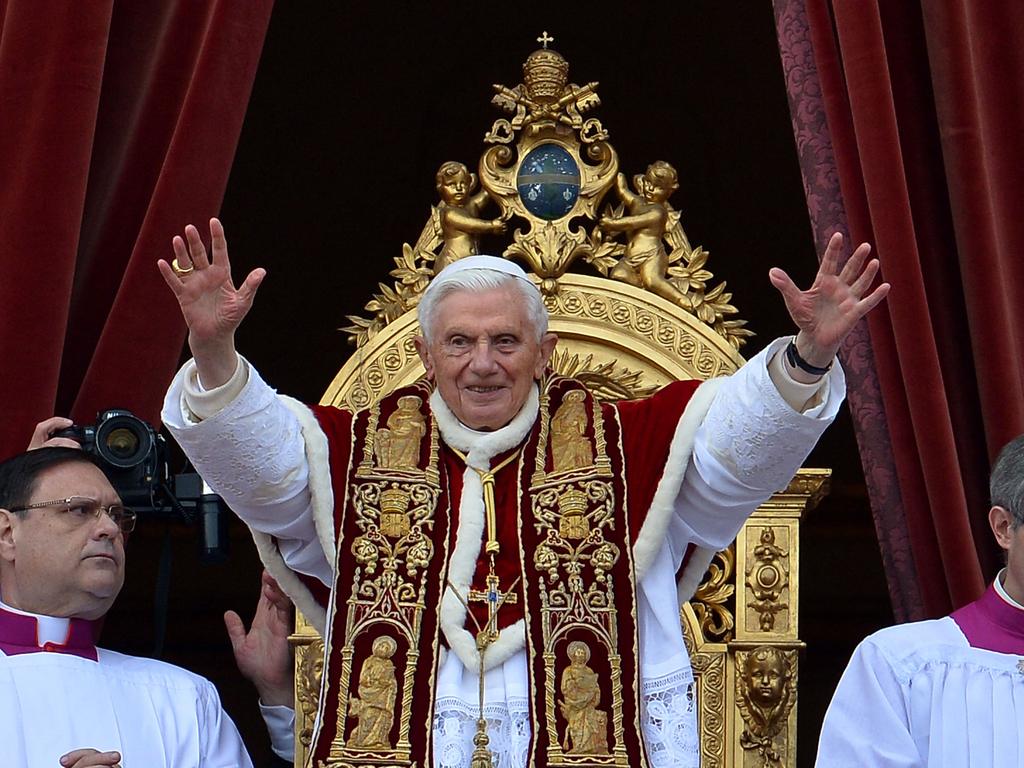
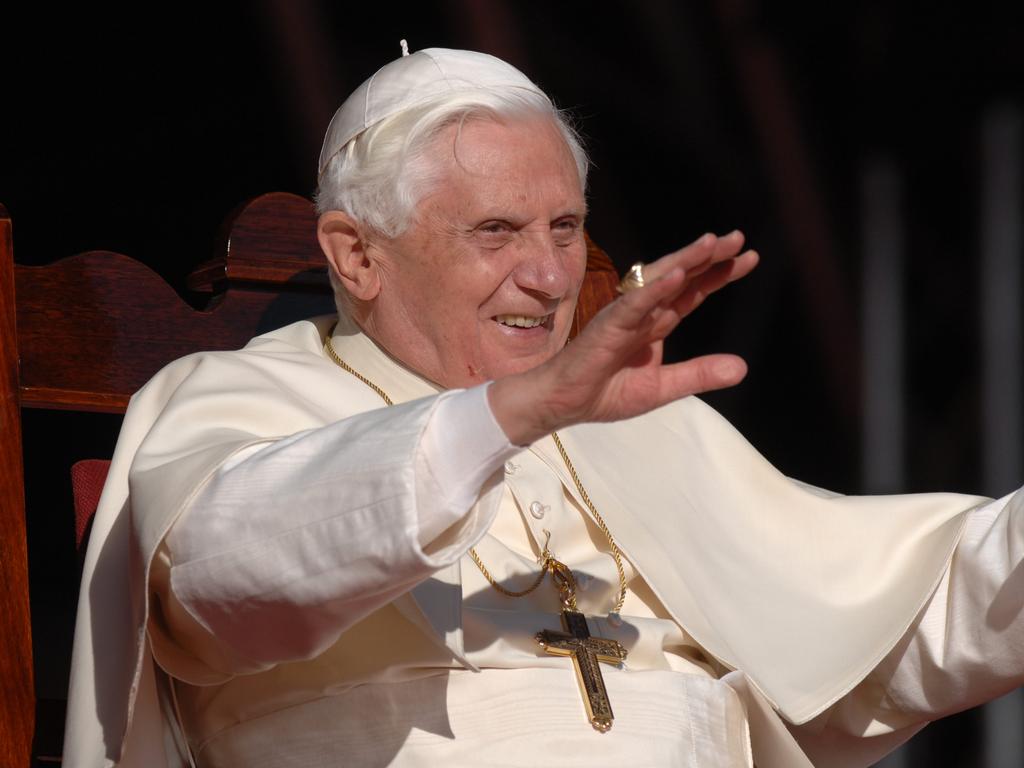
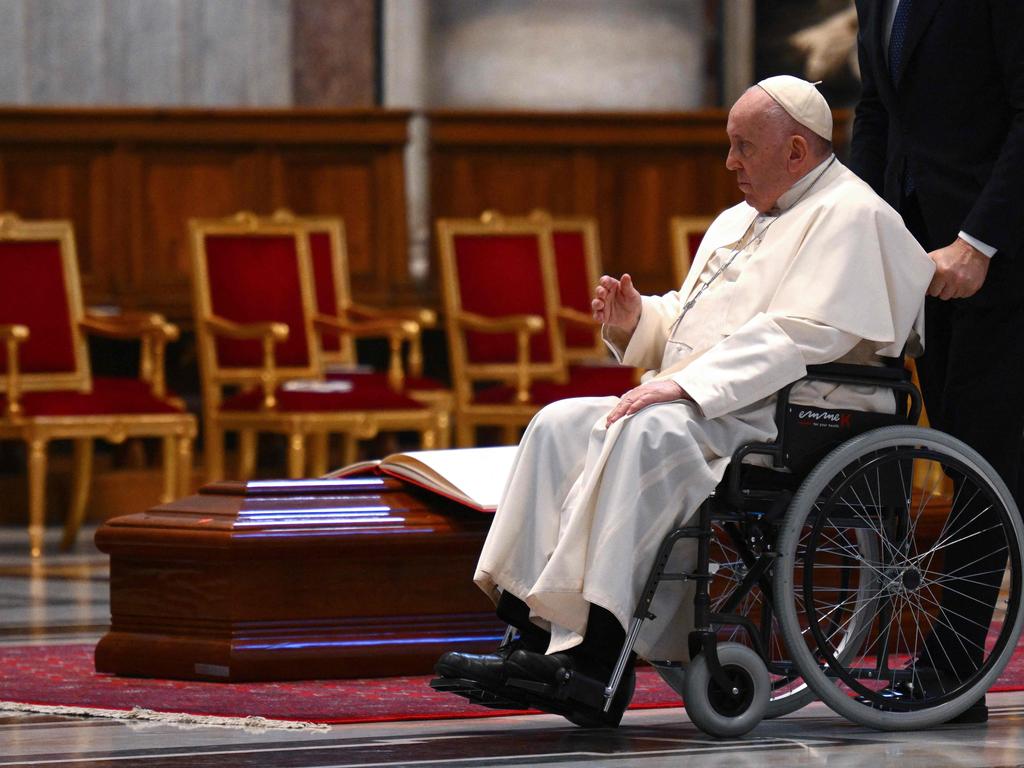


To join the conversation, please log in. Don't have an account? Register
Join the conversation, you are commenting as Logout